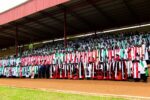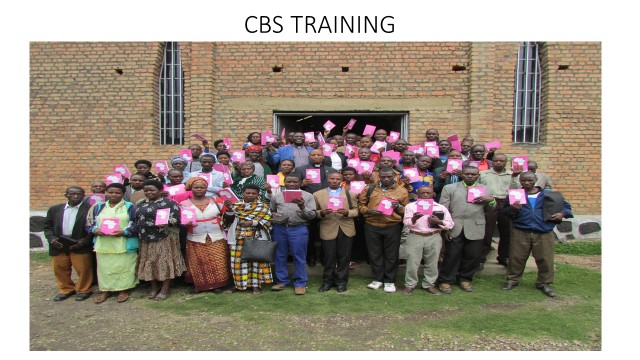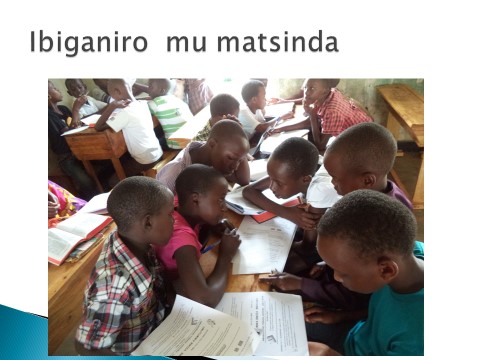1. BRIEF BACKGROUND OF EGLISE ANGLICANE DU RWANDA (EAR)
The Anglican Church of Rwanda was first introduced in Rwanda in 1922 by the Church Missionary Society (CMS) and officially recognized in 1925. First converts were baptized in 1926 in Gahini. The Diocese of Rwanda was formed in 1966, under the leadership of the first Rwandan Bishop, the Rt. Rev. Adoniya Sebununguri.
In 1975, two dioceses were created in Rwanda, namely, Kigali Diocese and Butare Diocese. In 1979, the church adopted the name of “Eglise Episcopale au Rwanda (EER)” and was still in the province of Burundi, Rwanda, Uganda and Boga Zaire. In 1980 the three countries separated from Uganda and became the Province of Burundi, Rwanda and Boga Zaire. In 1992, the Province of Episcopal Church of Rwanda (PEER) was formed with four Dioceses of Kigali, Butare, Shyira and Byumba.
On 04 October 2019, the Church of Rwanda changed its name from “Province de l’Eglise Anglicane au Rwanda (PEAR)” to “Eglise Anglicane du Rwanda” (EAR) in order to assert that it was no longer a colonial subject.
Currently, the Anglican Church of Rwanda has 13 Dioceses countrywide and works in all sectors of the country. The Anglican Church of Rwanda is one of the faith-based organizations helping people to achieve spiritual, social, and economic wellbeing. The Church is committed to making a difference for integrated community development working with other partner organizations to bring positive changes to the communities.
The Anglican Church has more than 1 200.000 members in 506 parishes belonging to 12 Dioceses and many of them are located in remote areas. Because of its decentralized system, from home churches, local churches through sub-parishes, parish, Archdeaconries, and Dioceses, the Church simply reaches the grassroots of the community.
The vision of the Anglican Church is to be a Christ-Centered Church with visionary leaders, transformational, accountable, and Self-reliant and our mission is to glorify God by proclaiming the Gospel of Jesus Christ and blessing to the Rwandan Communities and other Nations of the World. This mission is being accomplished through the provision of ecclesiastical, health, social, and education services to Rwandan communities.
3. CBS COORDINATION.
The Anglican Church of Rwanda has CBS Coordinator at National Level; and this one works closely to the CBS Coordinators in All Dioceses where CBS program works. In this program we mainly focus on the five steps of studying the Bible such as:
- Personal Bible study
- Bible study in small group
- Preaching or summary of weekly lessons
- Teachings or Commentary from other theologians
- Caring for one another


